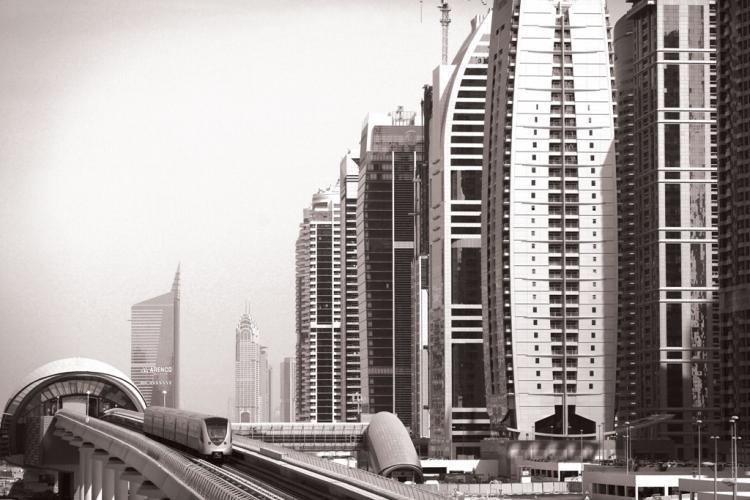DUBAI, United Arab Emirates—The debt-ridden emirate of Dubai has been given a US$10 billion (CA$10.6 billion) handout by its neighbour Abu Dhabi.
It will use US$4.1 billion of the money to pay off the debts of its state-run conglomerate, Dubai World.
A subsidiary of the sprawling investment company, Nakheel, had required the money to pay off an Islamic bond, or sukuk, which matured on Monday.
On November 25 the Dubai government announced that it would seek to postpone repayments on Dubai World’s US$26 billion debt.
The announcement sent shock waves through the world economy and triggered intense speculation on whether the emirate was unable to repay its debt.
In a statement on Monday, Sheikh Ahmed bin Saaed al-Maktoum, chairman of Dubai’s Supreme Fiscal Committee, said the US$10 billion bailout would be used to satisfy Dubai World’s debt.
“We are here today to reassure investors, financial and trade creditors, employees, and our citizens that our government will act at all times in accordance with market principles and internationally accepted business practices,” he said.
He also announced the introduction of a long overdue bankruptcy law.
“This law will be available should Dubai World and its subsidiaries be unable to achieve an acceptable restructuring of its remaining obligations,” he said.
As a result of the announcement, Dubai’s main share index closed 10 percent higher, while Abu Dhabi’s rose more than 7 percent. But Dubai’s main index has lost a fifth of its value since the announcement was made.
Banks that were exposed to the Dubai World debt also saw their shares increasing. Shares in HSBC, Standard Chartered, Banco Santander, Barclays, and Lloyds all rose.
Dubai World is expected to sell off some of its extensive assets to help repay the debt. The conglomerate has shares in port operators around the world.
However, a source close to the Dubai government told reporters in a conference call that there were no strings attached to the Abu Dhabi bailout.
“There are no conditions,” the source was quoted as saying by Reuters. “This is a government-to-government fund, the terms of that fund are internal to the government of Abu Dhabi and Dubai.”
Jim Krane, author of “City of Gold: Dubai and the Dream of Capitalism,” said that it was “highly unlikely” that the bailout came without any conditions.
“There were probably around four people in the room during the discussions and the stated conditions are probably known by them alone,” said Krane.
“Dubai has always had an independent foreign policy and has business ties with both Iran and Israel. It could be that a concession of this bailout is that Dubai has far less autonomy over its foreign policy, and could become a closer part of the union of emirates.”
The seven-member UAE has its federal government in the emirate of Abu Dhabi—which owns 9 percent of the world’s oil supply. Dubai, by comparison, has built its economy on its re-export and service sectors
Historically, the ruling families of both emirates belong to the same Bani Yas tribe, and feudal loyalties persist.
Dubai has in recent years received several other handouts from Abu Dhabi, but the amount of negative publicity in the last two weeks may have strained relationships to breaking point between the two emirates, said Krane.
“Abu Dhabi likes to quietly exude the impression of stability, so this must have been excruciatingly embarrassing for the rulers there.”
Several Abu Dhabi companies saw their ratings slashed by Moody’s in recent weeks, owing to fears that their assets were not sovereign-backed.
Two months ago, Sheikh Mohammed Bin Rashid al-Maktoum, ruler of Dubai, told those speculating over the relationship between the two emirates to “shut up.”
Crisis Over as Dubai Receives $10 Billion Abu Dhabi Bailout
The debt-ridden emirate of Dubai has been given a US$10 billion (CA$10.6 billion) handout by its neighbour Abu Dhabi.
|Updated:





